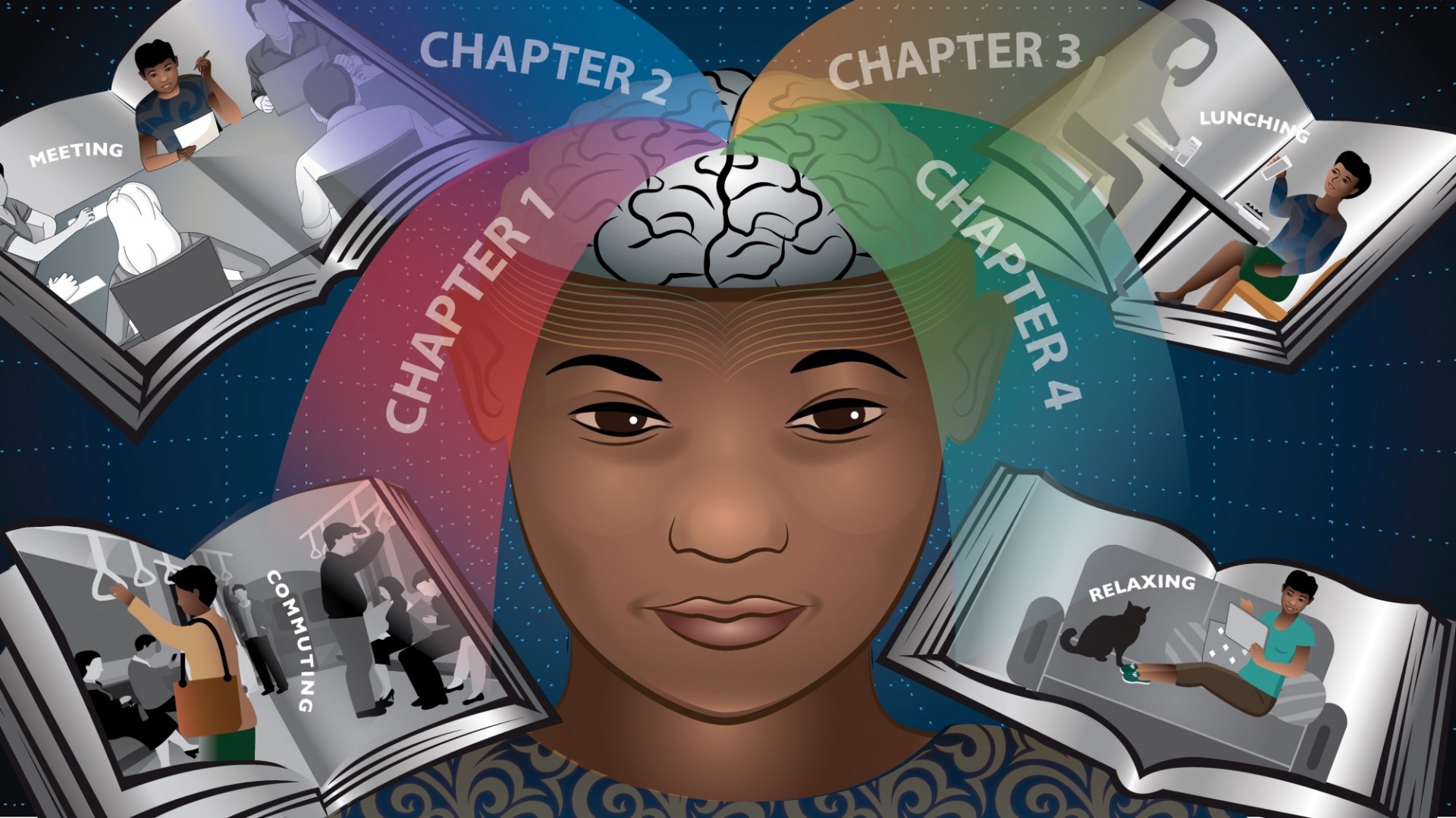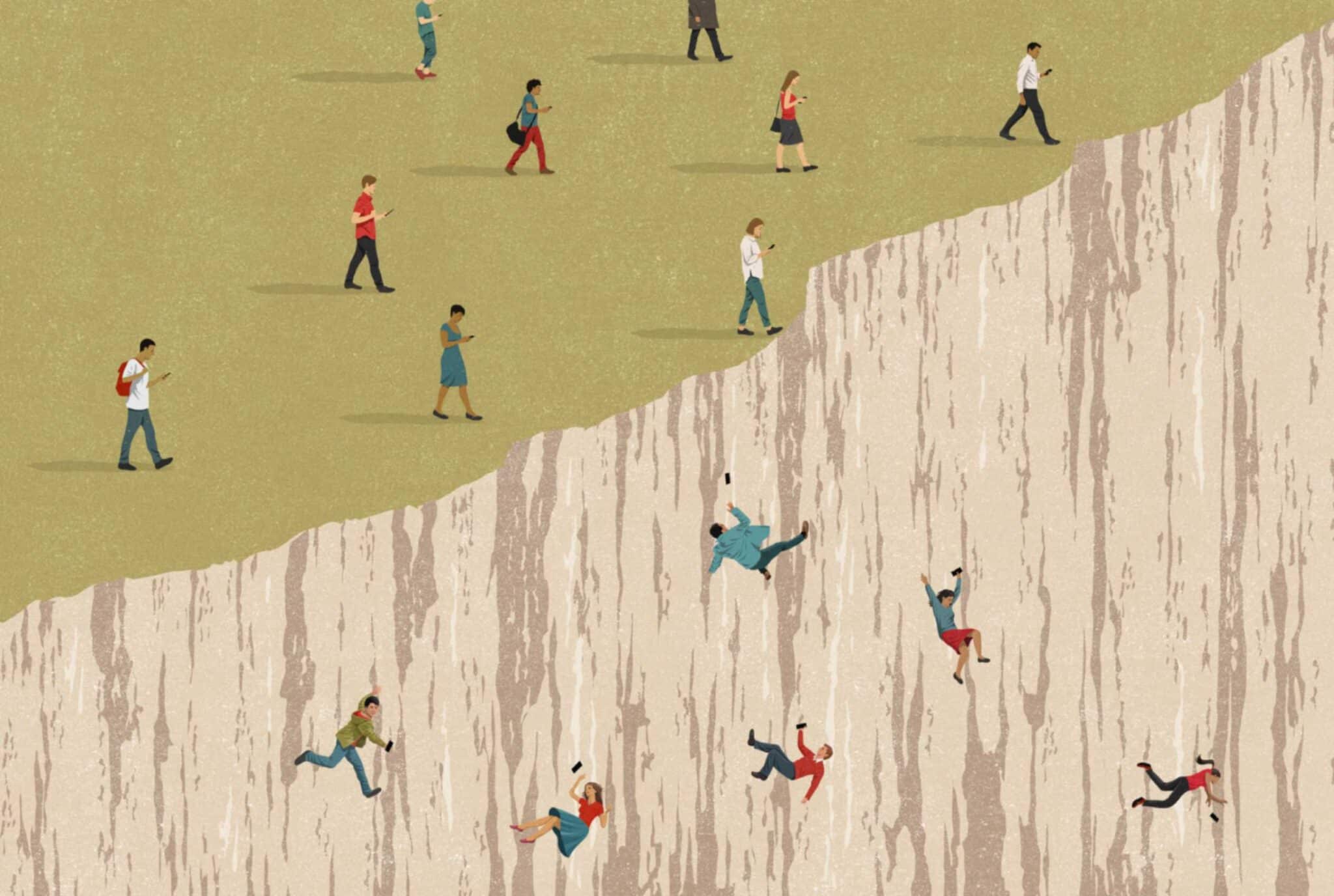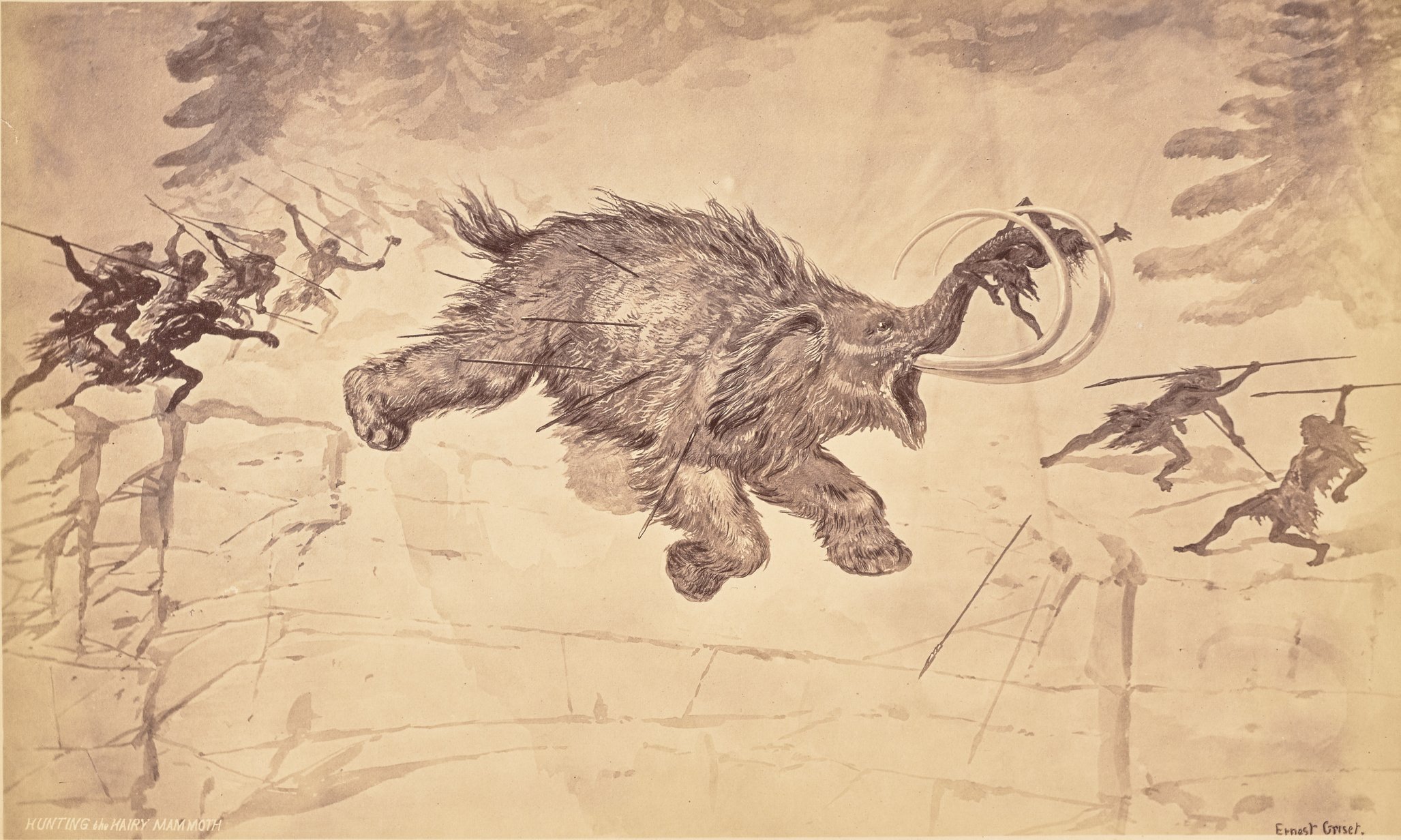The first study of how Wikipedia represents Australian places has highlighted how aspects of the online encyclopedia and choices made by the volunteer editors who work on it can lead to absences, omissions and sanitised views in articles about Australia. As part of a 3-year Australian Research Council (ARC) Discovery Project, the University of Technology...
Perspectives
Brazilian Researchers Work to Transform Agave into the ‘Sugarcane of the Sertão’
Climate change has caused an increase in the semi-arid climate region in Brazil. Data from the National Center for Monitoring and Warning of Natural Disasters (CEMADEN) and the National Institute of Space Research (INPE) in the South American country indicate an expansion of 7,500 square kilometers per year since 1990, which is equivalent to five...
Are Auditory Magic Tricks Possible for a Blind Audience?
Magic tricks make the impossible seem possible. Magicians have long captivated audiences with visual tricks, such as pulling a bunny from a hat or sawing someone in half, but tricks that rely on sound are scarce. A new article published in the Cell Press journal Trends in Cognitive Sciences on October 4 explores why creating a magical...
Our Brains Divide the Day into Chapters. New Psychology Research Offers Details on How
Mindset and expectations, not just the external environment, shape the “table of contents” into which our brains organize the day. The moment a person steps off the street and into a restaurant—to take just one example—the brain mentally starts a new “chapter” of the day, a change that causes a big shift in brain activity....
Banning Friendships Can Backfire: Moms Who ‘Meddle’ Make Bad Behavior Worse
Delinquent activities almost always occur outside of the home and away from adult supervision, so it is only natural for parents to blame peers for their child’s bad behavior. Not surprisingly, many parents also assume that they can prevent future problems by limiting contact with suspicious peers. However, a new study cautions parents – especially...
How Hope Beats Mindfulness When Times Are Tough
A recent study finds that hope appears to be more beneficial than mindfulness at helping people manage stress and stay professionally engaged during periods of prolonged stress at work. The study underscores the importance of looking ahead, rather than living “in the moment,” during hard times. Mindfulness refers to the ability of an individual to...
Why Is an Ultimate Goal Called a ‘Holy Grail?’
For decades, winning an Olympic medal has been described as the Holy Grail of sports. Athletes aren’t the only ones in search of a Holy Grail. For example, in 2012, when physicists discovered the Higgs boson, a particle viewed as one of the fundamental building blocks of the universe, it was described as “a true...
When Aiming for Your Adversary’s Achilles Heel May Lead to Shooting Yourself in the Foot
A review of Steve Coll, “The Achilles Trap: Saddam Hussein, the CIA and the Origins of America’s Invasion of Iraq” (Penguin Random House, 2024) Steve Coll’s latest work, “The Achilles Trap: Saddam Hussein, the CIA and the Origins of America’s Invasion of Iraq,” seeks to explain why Saddam Hussein would put his regime at risk...
Women and Social Exclusion: the Complicated Nature of Rejection and Retaliation
New research from the University of Ottawa (uOttawa) has provided a complicated glance into young women’s responses to interpersonal conflict, with retaliation often the answer to rejection and perceived social exclusion by other females. The study, published in Nature’s Scientific Reports, highlights the complicated nature of women’s interpersonal relationships by examining the stress arising from rejection, and...
The Evidence Is Mounting: Humans Were Responsible for the Extinction of Large Mammals
The debate has raged for decades: Was it humans or climate change that led to the extinction of many species of large mammals, birds, and reptiles that have disappeared from Earth over the past 50,000 years? By “large,” we mean animals that weighed at least 45 kilograms – known as megafauna. At least 161 species...










